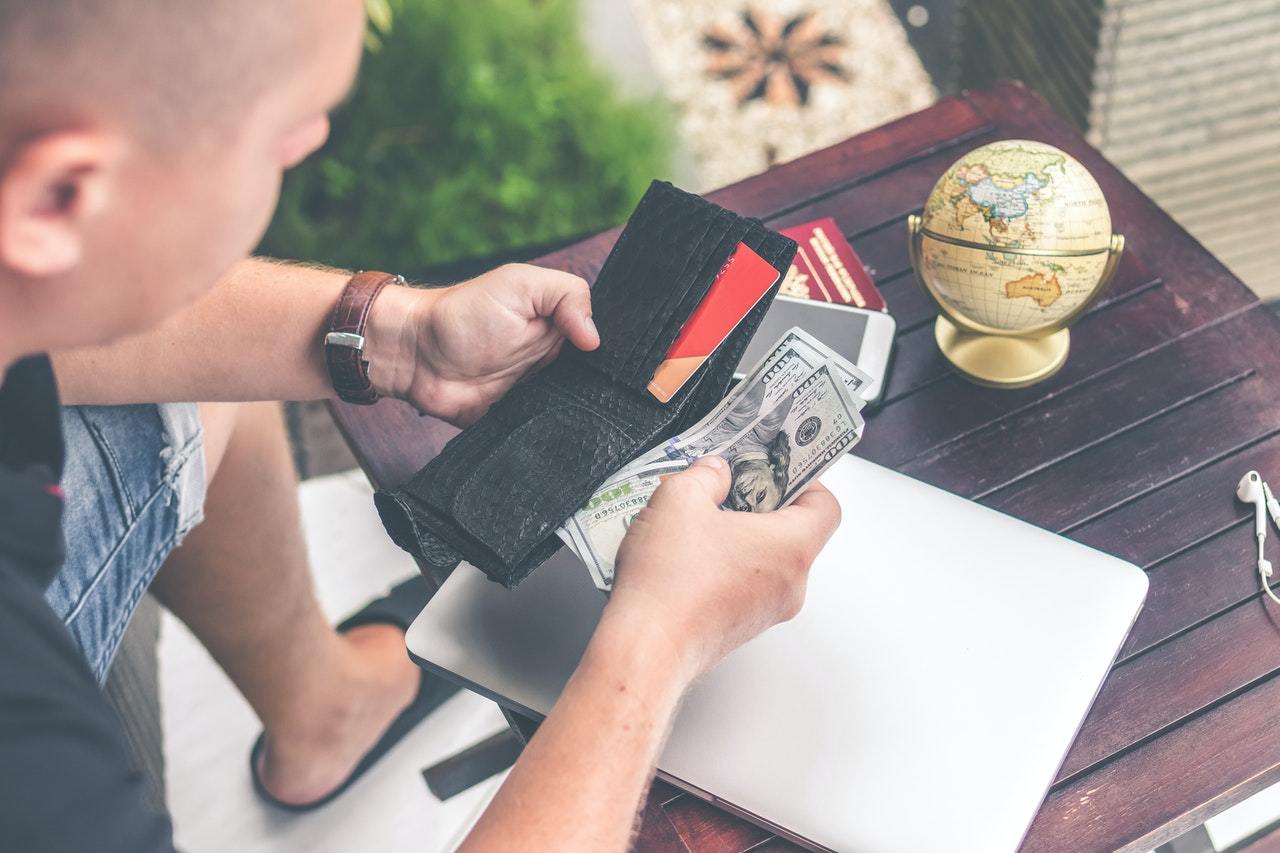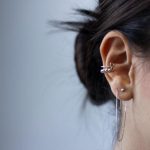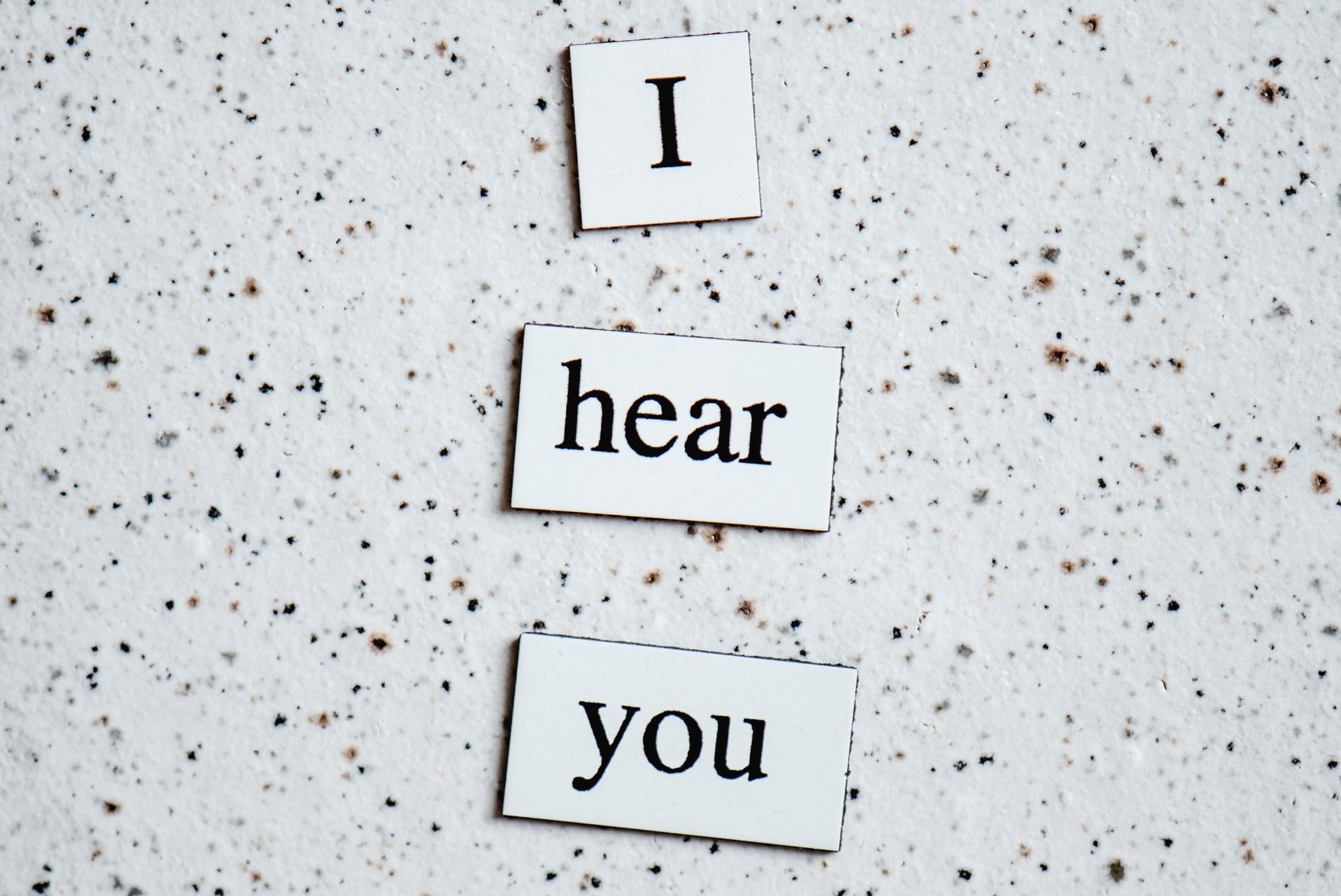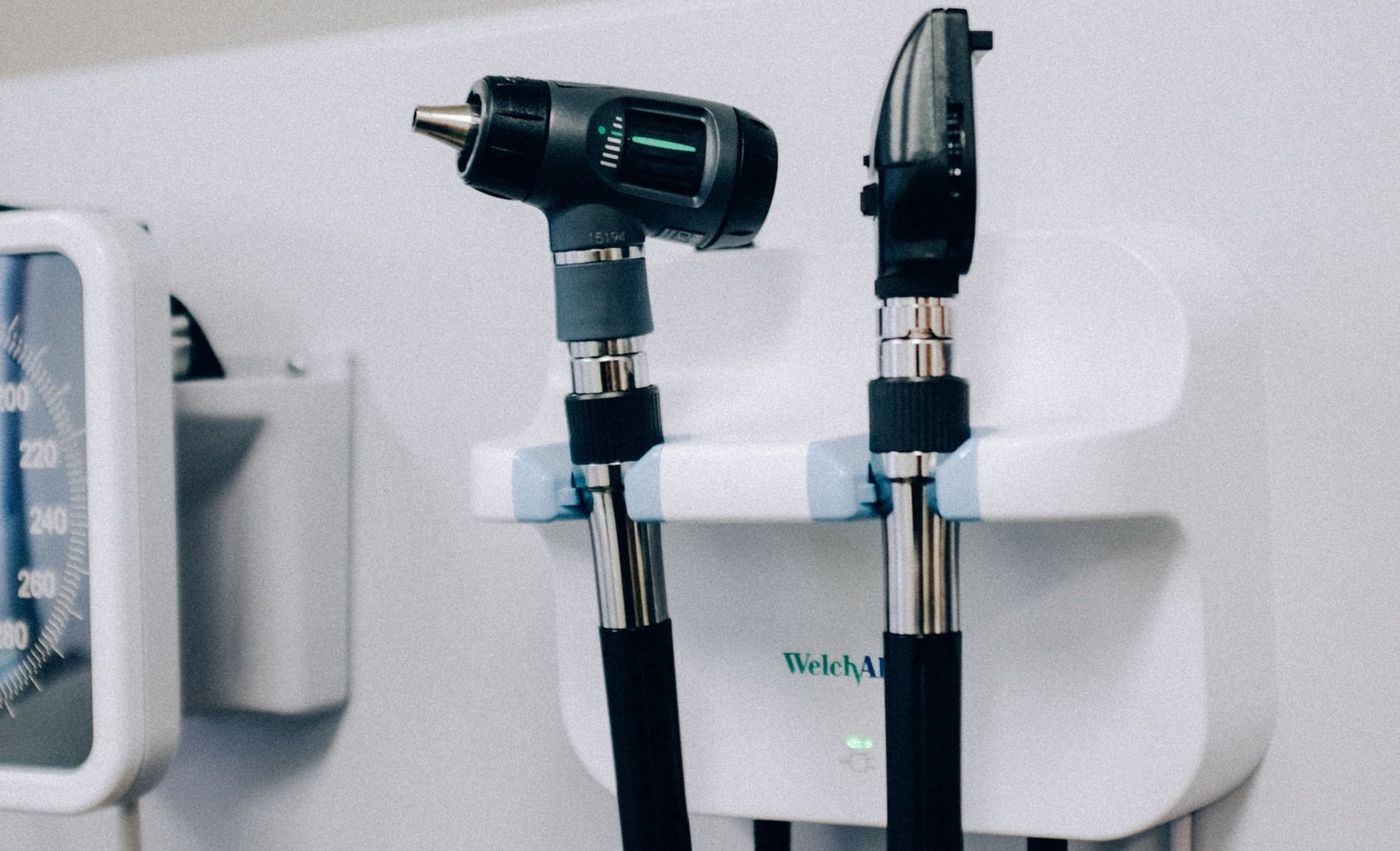
Hearing loss is a big problem: almost 40 million American adults have some degree of hearing loss. Despite this, only about 30 percent of Americans over 70 years of age who could benefit from hearing aids wear them, and the numbers are worse for adults 20 to 69 years old; approximately 16 percent. Even though quality of life can be greatly improved by wearing a hearing aid, why do so many people choose not to?
One major reason why people hesitate to wear hearing aids is the cost of the devices. Hearing aids can range in price from $900 to over $6,000. The average price of a single hearing aid is $2,300, and most people need to wear two of the devices. In addition, not many health insurance plans cover the cost of hearing aids, so most consumers have to pay out of pocket to improve their ability to hear. So, we need to ask: why are hearing aids so expensive?
Contents
A Manufacturing Monopoly
One of the reasons for the high cost of hearing aids is that a very small group of companies, about six manufacturers globally, control the large majority of the hearing aid market. Most providers of hearing aids maintain contracts with only two or three of those manufacturers, leaving consumers without many options. However, we may see hearing aid prices change soon. The Food and Drug Administration Reauthorization Act of 2017 included a provision to mandate the availability of over-the-counter hearing aids to consumers with mild to moderate hearing loss. This provision was slated to go into effect in 2020 to allow time for the FDA to establish safety standards for the new devices (called PSAPs), which are expected to cost around $300 or less – a far cry from the average $2,300 people were expected to pay.
What Goes Into The Expense of a Hearing Aid?
Hearing aids are amazingly sophisticated pieces of technology – the time and resources devoted to both manufacturing and constantly improving them is considerable, and it’s no surprise they are expensive little devices. What many don’t know, however, is that when you purchase a hearing aid you are not simply buying the product. Included in this cost is also the professional audiologists fee’s and services! The audiologist’s portion of the hearing aid price includes things like retail space rent, training, licenses, diagnostic equipment, and marketing. An audiologist will typically spend three to four hours with each patient for hearing tests, evaluating their hearing loss, programming their hearing aids, and fitting them. All of this cost is reflected in the final price that a consumer pays for their hearing aids.
At face value, this may seem outrageous, but keep in mind that hearing aids are sophisticated medical-grade devices that are highly customizable. A licensed audiologist provides this customization and care based on their expertise: that expertise is not free. Another factor to keep in mind that keeps hearing prices up is demand: the entire hearing aid industry sells approximately three million devices per year. To put this into perspective, Apple sometimes sells one million iPads in a single day, and an iPad still costs several hundred dollars. Unfortunately, the cost of developing such a sophisticated device as a hearing aid combined with the relatively small market results in naturally high prices.
Why Are Hearing Amplifiers Less Expensive?
Hearing amplifiers, or personal sound amplification products (PSAPs), have not been approved as medical devices by the FDA. As such, they are not subjected to the rigorous standards and testing of a normal hearing aid, allowing for a cheaper and more mass producible product. Because of this, however, they are much more affordable than traditional hearing aids, costing around $250 to $350 each.
PSAPs function to amplify quiet sounds and typically include Bluetooth technology, meaning you can stream music and receive calls with them. Some PSAPs also include noise cancellation and other features to help you hear better in noisy situations. The technology in PSAPs is continually improving, and soon consumers may even have difficulty in differentiating between PSAPs and traditional hearing aids. In fact, a recent study found that some PSAPs are as effective at clarifying speech for people with hearing loss as traditional hearing aids.
Which One is Right For Me?
The bottom line when trying to decide between a PSAP and hearing aid is the severity of your hearing loss. Hearing aids are medical devices designed for those with hearing loss and damage. They are regulated by the FDA and fitted for your particular hearing needs by a professional audiologist. On the other hand, PSAPs do not require a prescription or hearing test, are not customizable to a person’s specific hearing loss needs, and are not recommended for people with serious hearing loss.
For a more in-depth comparison, please read our PSAP vs Hearing Aid article!
The information in this guide has been written using the following reliable sources:
https://www.nidcd.nih.gov/health/statistics/quick-statistics-hearing
https://www.hear.com/resources/hearing-aid-technology/hearing-aids-vs-hearing-amplifiers
https://www.healthyhearing.com/report/51934-The-case-against-personal-sound-amplification-devices
https://khn.org/news/over-the-counter-devices-hold-their-own-against-costly-hearing-aids/
https://www.aarp.org/health/conditions-treatments/info-2017/inexpensive-hearing-aids-safe-fd.html
http://www.hearingresearch.org/ross/considering_a_hearing_aid/why_do_hearing_aids_cost_so_much.php
https://www.wbur.org/hereandnow/2018/05/15/hearing-aids-cost-access
https://www.nytimes.com/2017/10/20/well/live/why-are-hearing-aids-so-expensive.html
https://www.aarp.org/health/conditions-treatments/info-2016/hearing-aid-costs-prices-cs.html
https://www.hearingreview.com/hearing-products/why-are-hearing-instruments-so-expensive
https://www.aarp.org/health/conditions-treatments/info-2015/hearing-amplifiers-psaps.html








